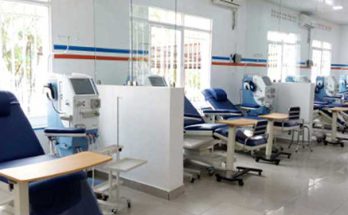 To provide good inventory in healthcare facilities is one of the most important aspects that influence the availability of essential medicines. The quality medicines produced nationally are more affordable than imported medicines.
To provide good inventory in healthcare facilities is one of the most important aspects that influence the availability of essential medicines. The quality medicines produced nationally are more affordable than imported medicines.
The Democratic Republic of Ethiopia, launched an ambitious 10-year national strategy and plan of action to develop local pharmaceutical manufacturing capacity in order to increase access to locally manufactured, quality-assured medicines.
The launch occurred on the side-lines of the 3rd Conference on Financing for Development.
“Access to essential medicines is an integral component of universal health coverage,” said WHO Director-General, Margaret Chan. “I invite all development partners to join WHO in supporting the implementation of this strategic plan over the next 10 years.”
This strategy plan targeted to meet 50% of the local needs for essential medicines through local manufacturing by 2020.
It provides a long-term vision and a plan for the pharmaceutical industry that combines the objectives of industrial development policy and health policy, so the sector can develop, the economy can grow and people can access quality-assured affordable medicines. This 10-year strategy was developed by the Ethiopian Ministries of Health and Trade in collaboration with WHO.
The Deputy Prime Minister of Ethiopia, at the launch of the national strategy, emphasized that “This national strategy and plan of action will contribute significantly to the country’s economic growth and social development,” and called on all partners present and beyond to strengthen partnerships to support the Ethiopian efforts to significantly reduce poverty and become a middle-income country by 2025.”
2013-14 scenario shows that Ethiopia has increased its investment in expanding effective health coverage developed by 95% and have already improved health indicators in the population, reducing child mortality and HIV/AIDS, malaria and tuberculosis, and have resulted in growing demand for health commodities
Simultaneously, better performance in industrial and economic policies has spurred foreign and local investments in the pharmaceutical sector.



